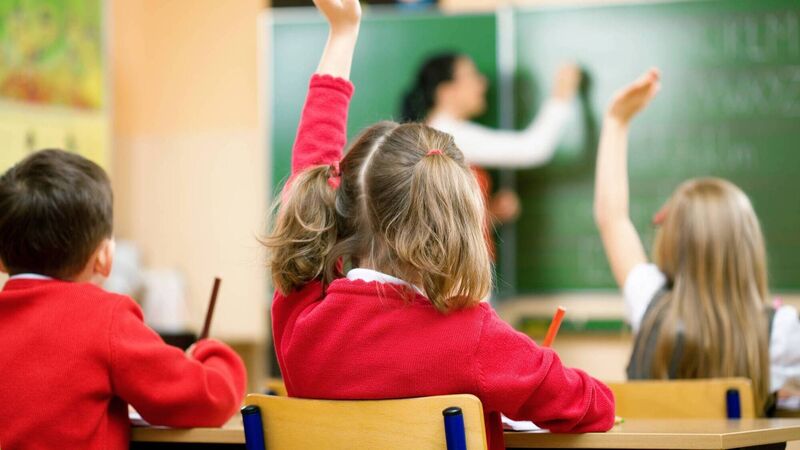Dr Colman Noctor: How will the teacher manage my child's request for 15 snacks a day?

The return to school has been both vigilant and relaxed, students have reported. Picture: iStock
The task of putting together a primary school child’s lunch on a Sunday night, was always something I dreaded, due to the complexity of trying to comply with the ‘school lunch algorithms’. Eliminating items because they contain nuts, are classified as a ‘treat’, or too messy used to stress me out. However, last Sunday, while preparing the lunches for two of my children who returned to school this week, there was no such stress. I found myself humming and chuckling to myself as I imagined how the 2nd class teacher was now going to have to manage my daughter’s 15 requests for snacks a day, which have become the norm over the last few months.
When I had finished packing their school bags and putting the uniforms out, I sat down and went onto Twitter. My happy demeanour changed when I realised that not everyone was sharing my positive outlook on the week ahead. There were tweets by parents who were claiming that schools were super spreaders and therefore re-opening will have disastrous consequences on infection rates. I also read nine tweets from teachers who were fearful of being subjected to a room full of 30 unmasked children, in an unventilated room, and also predicting that a rise in infection numbers was imminent.








